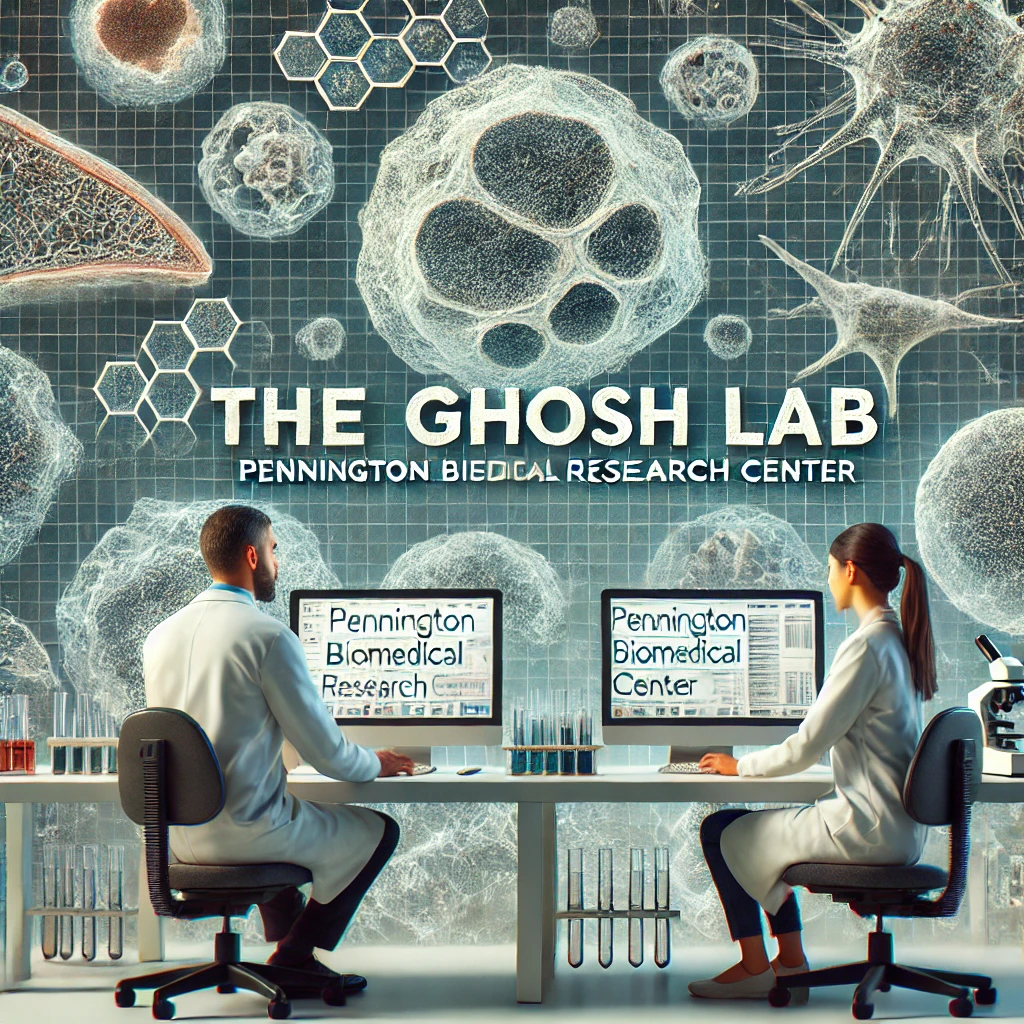Breaking New Ground in Precision Medicine: Bioinformatics Core Drives Innovation in Genomic Research
In an era where advancements in genomics and personalized medicine are accelerating at an unprecedented pace, bioinformatics cores are playing a crucial role in transforming research and clinical practices. These high-tech hubs are rapidly becoming the backbone of modern biological studies, offering researchers powerful computational tools and expertise that help interpret vast amounts of genetic data.
At the heart of this transformation is a bioinformatics core, a specialized unit within research institutions that provides vital resources for analyzing complex biological information. The core’s primary focus is to enable researchers to tackle the challenges of handling big data in genomics, proteomics, and other molecular sciences. By utilizing cutting-edge algorithms, machine learning, and high-performance computing, bioinformatics cores enable the extraction of meaningful insights from biological data that would otherwise be overwhelming.
Unlocking the Mysteries of the Genome
One of the main drivers of bioinformatics growth is the explosion of genomic data. With next-generation sequencing (NGS) technologies now routinely used to sequence entire genomes, the amount of data generated is staggering. A single human genome can contain over 3 billion base pairs of DNA, and analyzing these with traditional methods would be an insurmountable task. Bioinformatics cores step in with sophisticated software and computational frameworks to make sense of these large datasets, enabling a faster path to understanding genetic variations linked to diseases.
For example, researchers can now identify genetic mutations that predispose individuals to conditions like cancer, cardiovascular disease, and neurodegenerative disorders. Bioinformatics tools allow scientists to map these mutations to clinical outcomes, paving the way for personalized treatments tailored to an individual’s genetic makeup.
Enhancing Collaborative Research
Bioinformatics cores are not only crucial for individual research projects but also foster collaboration across disciplines. At many institutions, the core acts as a collaborative space where biologists, chemists, data scientists, and clinicians come together to solve complex biological questions. The interdisciplinary approach allows for the integration of experimental biology with computational modeling, making discoveries faster and more efficient.
A Hub for Training the Next Generation
Bioinformatics cores also play a critical role in education and training. As the demand for bioinformatics professionals continues to grow, these cores offer a valuable resource for students, researchers, and clinicians to learn new skills in data analysis and computational biology. From workshops on data visualization to hands-on tutorials in machine learning algorithms, bioinformatics cores are helping train the next generation of scientists capable of navigating the evolving field of genomic medicine.
A Leap Toward Precision Medicine
With their ability to manage and analyze vast datasets, bioinformatics cores are key players in the advancement of precision medicine—the idea that treatments and therapies can be tailored to the individual based on their unique genetic makeup. By combining genomics with clinical data, bioinformatics is opening the door to treatments that are more effective and less prone to side effects.
“Bioinformatics is the bridge between raw genomic data and actionable insights,” says Dr. Laura Simmons, Director of the Bioinformatics Core at the University of Science and Technology. “Our work empowers researchers and clinicians to make breakthroughs that bring us closer to the promise of personalized healthcare.”
Challenges and the Future
Despite the immense potential, bioinformatics cores face their own challenges. The sheer scale of data, coupled with evolving technologies and ever-changing software, requires continuous investment in both infrastructure and talent. Data privacy and ethical considerations also remain central concerns, particularly when it comes to genomic data that may reveal sensitive health information.
As the field of bioinformatics continues to grow, one thing is clear: bioinformatics cores are at the forefront of scientific discovery, bridging the gap between biology, technology, and healthcare. With ongoing advancements, these hubs will continue to play a vital role in shaping the future of medicine and biotechnology.

